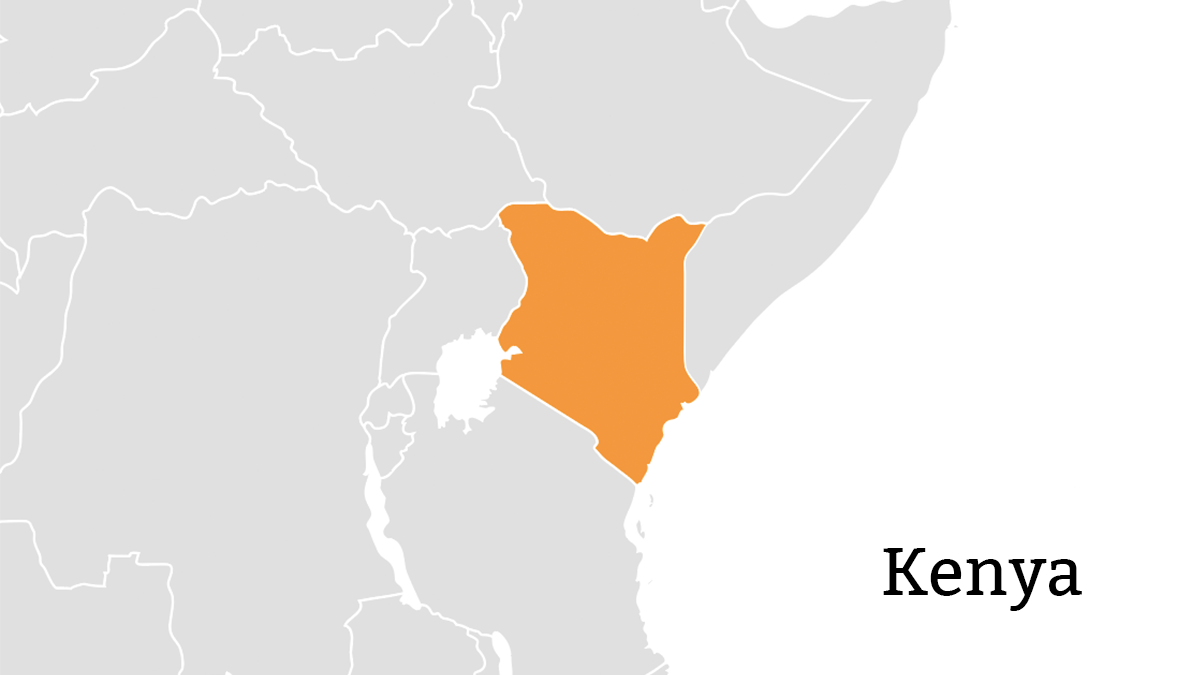
Prior to the 2020 global pandemic, sub-Saharan Africa faced a significant challenge to bring and keep individuals and businesses connected: by the end of 2019, mobile internet adoption stood at just 26% of the population on the continent, with nearly 800 million people still unconnected. Kenya performed only slightly higher than the continental average, with a mobile internet penetration rate of 27%.
While next generation technologies like 4G and 5G are becoming available in the region, the adoption of 4G+ enabled devices lags behind global averages. Smartphone adoption stands at 64% and 55% across sub-Saharan Africa and East Africa, respectively, and affordability of mobile devices and services remain key barriers. Although the high smartphone costs reduced significantly in the past decade due to the influx of sub-$100 models, relatively low average income levels still prevent many consumers from affording the upfront costs associated with acquiring a smartphone.
In July 2020, Kenyan mobile operator Safaricom announced a smartphone financing scheme in partnership with Google to help accelerate adoption. The plan, dubbed “Lipa Mdogo Mdogo”, which is Swahili for “pay a small amount,” is a pay-as-you-go model that allows low income customers, many of whom earn a daily wage and can only afford smaller payments on a regular basis, to finance a Google smartphone for a down payment of 1,000 Kenya Shillings (or $9.30 USD) and to pay as little as 20 Kenya Shillings ($0.20) per day until they own the device outright.
The Google smartphone, known as the Neon Ray Pro, typically retails locally at $55.70 USD and can be paid off in installments over 12 months. Safaricom, which has 35.6 million customers in Kenya, hopes the move will increase their 17% 4G-enabled smartphone penetration rate. Fortunately, there is evidence that this financing model will work in Kenya since the country already has a well-established digital credit market, resulting in the number of digital loans made in 2015 surpassing traditional loans.
However, there are eligibility limitations for Safaricom’s financing plan. Eligibility is based on your credit score and you must have been a Safaricom customer for at least a year before you can apply for financing.
As a result of low-cost devices and smartphone financing schemes that help accelerate adoption, Kenya is one of the top three markets in Africa in terms of smartphone connections. According to the Communications Authority of Kenya, by the end of 2020, total mobile data subscriptions amounted to 43.7 million and data trends suggest this figure could reach 47 million connections by 2025.
However, smartphone affordability is only one barrier to mobile internet adoption in Kenya. Kenya regulators must also continue to use forward-thinking spectrum management practices and prepare for future growth in mobile broadband connectivity by making spectrum available. The government must also resist the urge to maximize revenue when assigning spectrum bands and adopt technology-neutral licences that enable 2G and 3G spectrum to be refarmed for 4G and 5G.
While smartphone affordability and spectrum allocation issues are two of the major factors that need to be addressed to improve mobile connectivity in Kenya, there remain other challenges that unconnected populations face. Low digital skills and literacy levels and the lack of relevant digital services and content in local languages also hinder mobile internet adoption.
